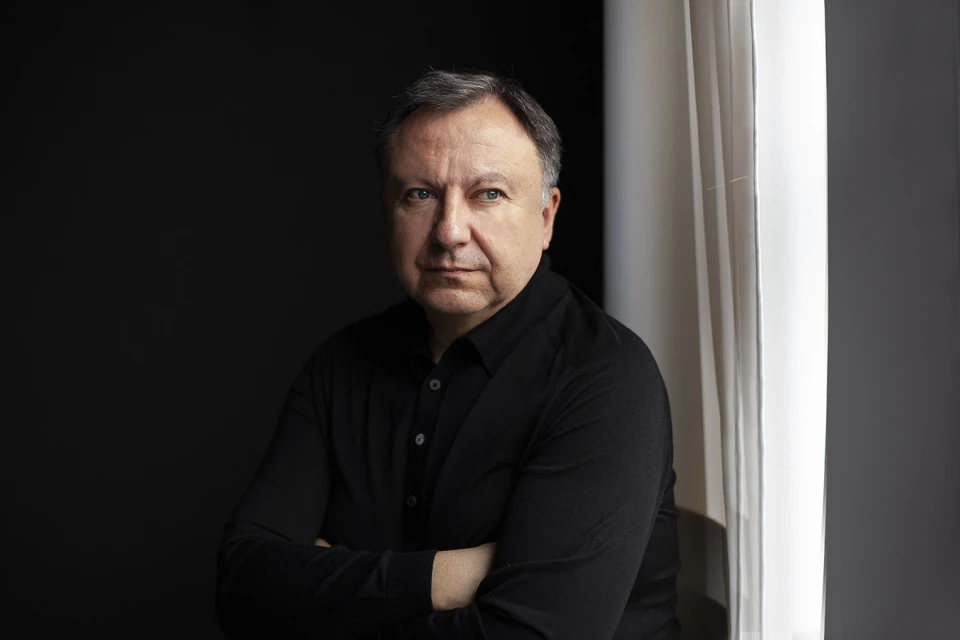
Zelenskyy, China, and negotiations with Putin
On Feb. 24, after a press conference where Zelenskyy spoke about his victory over the oligarchs to the applause of one of them (for the first time, the oligarchs were even invited to a press conference), other topics were still the main ones
President Zelenskyy said he wanted to meet with the leader of China. This surprised many journalists. "Why is he leaving the door open for China?" a journalist from an influential European media asked me. I answered: "Because before that, Zelenskyy said that there was no subject of conversation with Putin."
Only China can influence Russia's decision to end the war. Because for Putin, it is a matter of maintaining power and even physical existence.
This is a statement of new realities after the failure of Russian aggression in Ukraine.
But I think Zelenskyy may be wrong. He built his election program on a promise to achieve peace after the start of Russian aggression in 2014 through negotiations with Putin. Putin had no such desire. I think Xi has no desire to talk to Zelenskyy now either. He is competing with the United States, not Ukraine.
But it may appear. For many, Xi Jinping seems to be a more effective negotiator and "conciliator" than Erdogan.
The Russian Foreign Ministry has already supported the so-called "Chinese peace plan," noting that the so-called "demilitarization" and recognition of "new territorial realities" would suit Russia. They also mentioned the so-called "restoration of the rights of Russian speakers" and "denazification."
Any negotiations, even through intermediaries, end in agreement with some dissatisfaction on both sides.
What is Zelenskyy willing to do? Territorial concessions are unacceptable to him, because in this case he will be reminded of the reasons for his unpreparedness for war and, as a result, the loss of territories. But the government would agree to elements of "denazification."
The day before yesterday, it was the Servants of the People party who failed a project initiated by one of their members, Venislavsky, "On Amendments to the Law on Geographical Names (regarding the decolonization of toponymy and the regulation of the use of geographical names in Ukrainian settlements, No. 7253).
Even single decolonization projects do not receive the votes of the ruling party!!!
Our draft law on the decolonization of the humanitarian sphere of Ukraine 7721 from September 1 was deliberately not brought to the floor by the authorities. As well as an alternative draft submitted by MPs from the ruling party itself. For the first time, our law provides a legislative definition of the "Russian world”.
The ban on Gundyaev's Russian Orthodox Church is another dramatic story.
There is no other way out than to ban this hostile structure, and there is a consensus in society on this issue. However, this must be done as quickly as possible and in a legally correct manner. There are two draft laws in the parliament to ban the activities of the Russian Orthodox Church (ROC), its branches and organizations in Ukraine: No. 8221 and No. 8371 from the Cabinet of Ministers. The first one has already been recommended for adoption as a basis by the Humanitarian Policy Committee. The second one was subsequently recommended.
Of course, there is a risk that some of the proposals in the government's bill will extend the ban on the ROC for many years, while the Ukrainian Orthodox Church of Moscow Patriarchate will be free to operate.
Lawyers of the Moscow church are already preparing the ground for such an appeal, although the bill has not yet been adopted. Bill No. 8221 should be adopted as soon as possible, and it can take into account the best of the proposals of the government bill.
But the introduction of both ours and even the government's draft is being blocked!!!
Thus, the way is open for negotiations with Putin through intermediaries, where the decolonization of the humanitarian sphere will be sacrificed.
- News












































